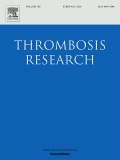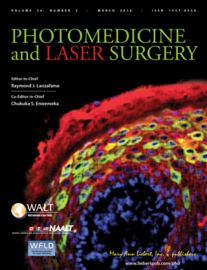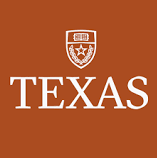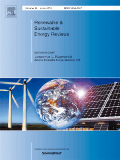 Thrombosis Research has removed an abstract after all seven authors authors listed did not know that it had been submitted for publication.
Thrombosis Research has removed an abstract after all seven authors authors listed did not know that it had been submitted for publication.
We’ve seen many instances of some authors not being in on a submission, but a case in which all of the authors are in the dark? That’s new to us.
A spokesperson for Elsevier, the journal’s publisher, told us that the organizers of a conference submitted it to the journal as part of a supplement for a meeting, unbeknownst to the authors.
Here’s the odd “removal notice” for “The Characterisation of the Age-Specific Differences in Platelet Physiology and Function:”
Continue reading How does an abstract get published without any of the authors knowing?








